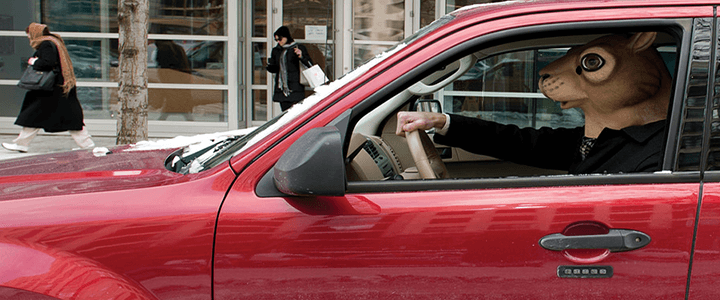A recent security clearance denial case my office litigated before the U.S. Department of Energy illustrated a serious problem any clearance holder with a DUI must understand.
The applicant, a long-time clearance holder, had been arrested four times for DUI between the 1990’s and 2012, but each time the charges were reduced. As part of their case, the government presented a witness against our client: a DOE-contracted psychologist who evaluated the applicant and diagnosed him as an alcoholic.
Our own psychologist, who also evaluated the applicant, clarified that the applicant had previously exhibited problematic (binge) drinking, but that the drinking was episodic and situational – not consistent or the result of cravings. According to his evaluation of the evidence and the Diagnostic and Statistical Manual of Mental Disorders (the “bible” for mental health practitioners), the applicant was now clearly in remission.
Despite the evidence: the fact that the applicant’s last arrest was eight (8) years prior, significant evidence of personal responsibility in those eight years, and no evidence of recent alcohol abuse, the government psychologist persisted in her claim that the applicant presented a security risk.
On cross examination, our attorney pointed out that the government psychologist had performed no testing prior to reaching her conclusion, whereas our expert had performed extensive testing to corroborate his diagnosis that the client did not pose a security risk.
That’s when the fireworks started.
Under intense questioning by our attorney, the government psychologist opined that anyone who has been arrested for DUI has driven drunk countless other times – perhaps hundreds of times – without being caught.
Our psychologist, a renowned expert with some 40 years of experience, was stunned. He testified that there is NO credible scientific evidence to support such a theory. Our equally stunned attorney also pointed out the fact that this is America, not Soviet Russia; we base our rule of law on facts and evidence, not speculation and unscientific assumptions.
Incredibly, however, the DOE judge conceded that she had heard other psychologists previously make the same wild claim: caught once, done it a hundred times. Only in those cases, the claims went unchallenged, ostensibly due to a lack of legal representation, a lack of competent legal representation, or the lack of a defense expert witness.
Driving while intoxicated is a plague in this country that often results in horrific outcomes for innocent motorists, passengers, or pedestrians. I certainly don’t condone it, and I believe that those found guilty in a court of law must be held accountable for their actions. I also believe, however, that good people sometimes make mistakes, that justice sometimes means mercy, and that rehabilitation is possible. Above all else, I believe in the rule of law.
If you’re facing a security clearance denial or revocation after a DUI, this case should be instructive. Some government psychologists will apparently judge you not on the facts but on their unspoken assumptions. Don’t let it go unchallenged.
This article is intended as general information only and should not be construed as legal advice. Consult an attorney regarding your specific situation.



